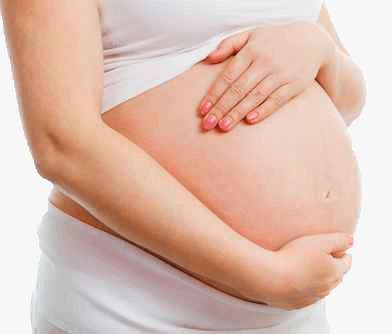
The term high-risk pregnancy is generally applied to any pregnancy where there is a higher than normal chance of a condition requiring extra care. Although it can sound scary, most often, having a high-risk pregnancy means only that you will require some extra care and monitoring. In some high-risk pregnancies, however, there is risk to you or your baby and you will need advanced, coordinated care to have the best possible outcome.
The list of factors that can qualify a pregnancy as high-risk is extensive. It may include:
Being over age 35, and sometimes under age 17.
Having one or more risk factors for a birth defect, such as a family history of genetic disorder.
Having had a previous premature birth or high-risk pregnancy.
Having had several miscarriages.
Carrying multiples (twins, triplets or more).
Developing a pregnancy complication such as gestational diabetes, preeclampsia (pregnancy-related high blood pressure), or problems with the uterus, cervix or placenta.
Having Rh sensitization — a potentially serious condition in mothers with Rh negative blood who are type carrying Rh positive babies.
Having a chronic medical condition known to impact pregnancy, such as diabetes, high blood pressure, kidney disease or epilepsy.
Having taken a drug during pregnancy known to impact fetal development. This could include illegal substances or drugs you may need to take to manage or treat a health condition.
Having a viral or bacterial disease that could pose a risk to your baby, such as hepatitis C, rubella, HIV, cytomegalovirus, chickenpox, toxoplasmosis or syphilis.
Going through cancer treatment during pregnancy.
Carrying a baby with a known birth defect.


